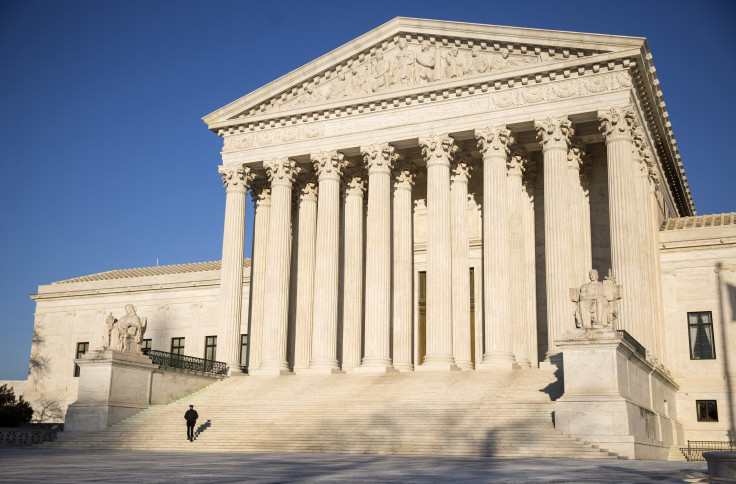King v. Burwell: Supreme Court Case Pushes Ohio Democrats To Consider State-Run Health Exchange

Months before the Supreme Court rules in King v. Burwell, Ohio legislators are already taking steps in the event that the court decides against the government and cuts subsidies to Americans purchasing health insurance through a federal rather than a state-run exchange. Ohio was one of 34 states that opted not to set up its own health care exchange after the Affordable Care Act passed in 2010. In the state, 234,000 people buy health insurance through the federal exchange. Of those, 85 percent receive subsidies to the tune of $500 million to help offset the cost of those plans, according to the Columbus Dispatch.
The latest Supreme Court challenge to the Affordable Care Act contends that such subsidies are illegal, and that only those who buy insurance from state-run exchanges qualify for subsidies. The court is expected to issue its ruling by June at the latest.
This week, Ohio Democratic Reps. Michael Stinziano and Nickie Antonio are planning to introduce legislation that would establish a health care exchange run by the state. Setting up such an exchange takes time, Stinziano pointed out, and so if the state is going to do so, it needs to act quickly.
“If we wait for the Supreme Court’s ruling, we’re going to find ourselves at a disadvantage,” Stinziano said, the Dispatch reported. He said that losing subsidies would increase insurance premiums by 35 percent, forcing some Ohioans to drop health care coverage and thus raising insurance rates even more. “Now that we have so many Ohioans enrolled [in federal health care plans], this has a significant impact on their care and what direction we’re going as a state,” Stinziano told the Washington Post.
Antonio said that if the state ran its own exchange, it could provide coverage better tailored to Ohio’s population and specific health care needs. The issue is getting there and actually creating the exchange. Setting up a state-run exchange faces political obstacles in Ohio, where the legislature is dominated by Republicans and those leaders have rejected the possibility of establishing a state-run exchange.
Still, Ohio Gov. John Kasich, a Republican, has not rejected the idea. “I don’t like to get ahead of ourselves on what the Supreme Court might do,” he told Bloomberg recently. “But if it threw half a million people without insurance, we’d have to look at it.”
© Copyright IBTimes 2025. All rights reserved.






















